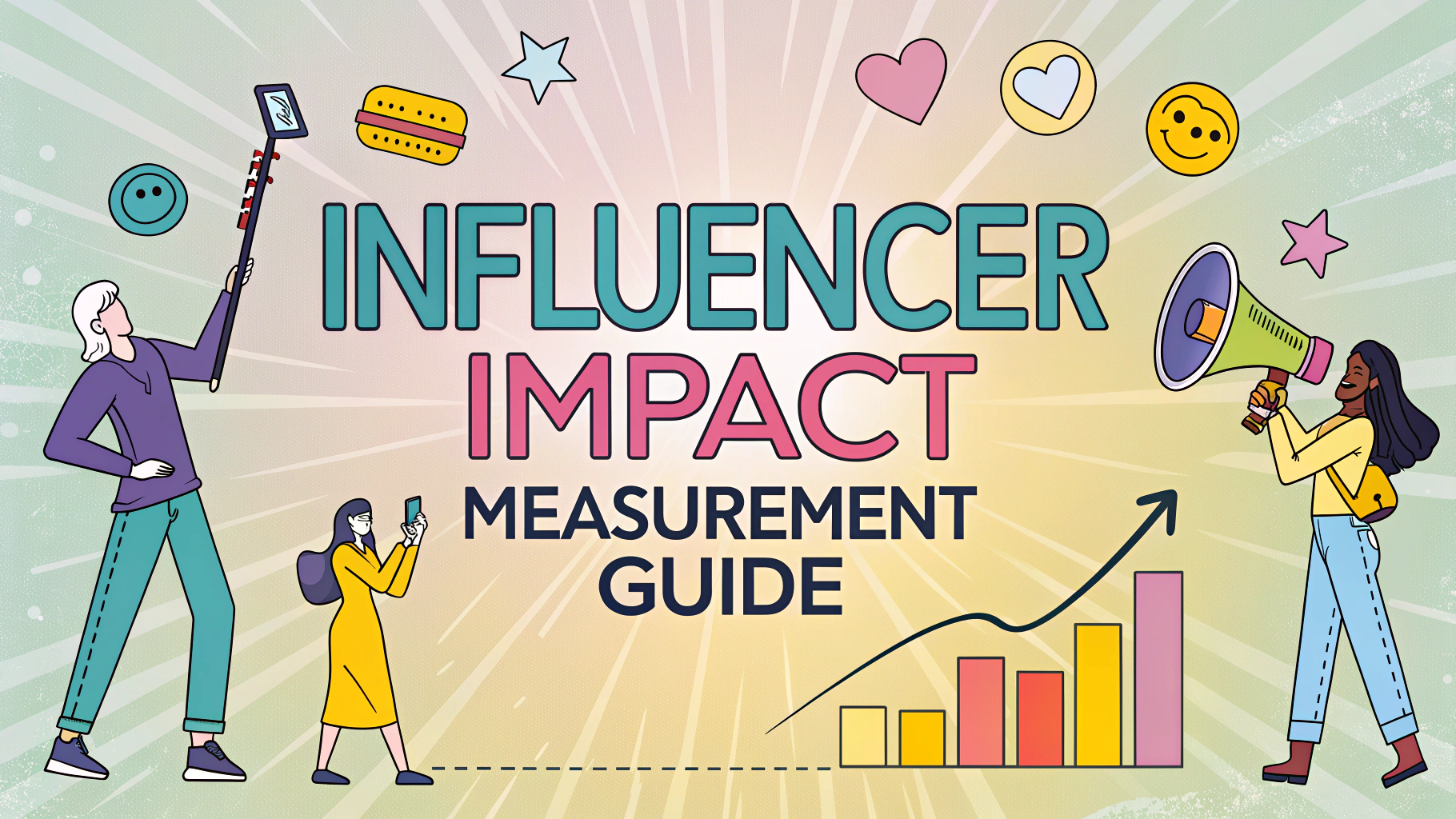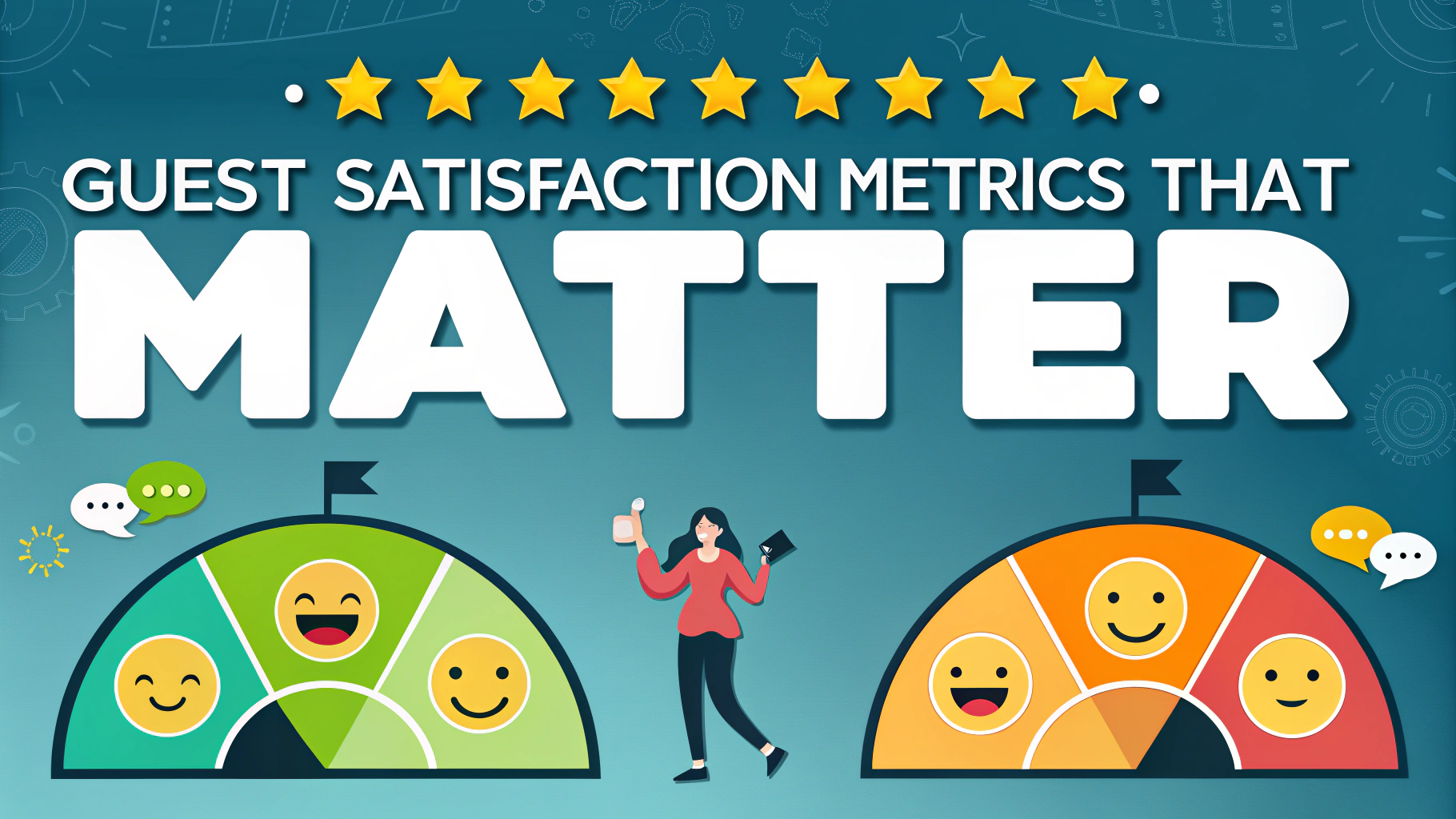Creating an effective hotel marketing budget requires balancing multiple channels while maximizing return on investment (ROI).
A well-planned marketing budget helps hotels attract guests, increase bookings, and maintain competitive advantage in their market segment.
This guide explores proven strategies for developing a hotel marketing budget that delivers measurable results.
Key Components of a Hotel Marketing Budget
- Digital advertising (PPC, display ads)
- Social media marketing
- Content creation and SEO
- Email marketing campaigns
- Website maintenance and updates
- Traditional advertising (print, radio, TV)
- Public relations activities
Budget Allocation Guidelines
| Marketing Channel | Recommended Allocation |
|---|---|
| Digital Marketing | 40-50% |
| Traditional Advertising | 20-25% |
| Content Marketing | 15-20% |
| PR & Events | 10-15% |
Digital Marketing Priorities
Focus on mobile-first marketing strategies, as over 70% of hotel bookings start on mobile devices.
- Search Engine Marketing (SEM): Target high-intent keywords like “hotels in [location]” or “luxury hotels near [attraction]”
- Social Media Advertising: Invest in platforms where your target audience spends time (Instagram for leisure travelers, LinkedIn for business travelers)
- Metasearch Marketing: Maintain presence on platforms like Google Hotel Ads, TripAdvisor, and Kayak
Measuring Marketing ROI
Track these essential metrics to measure marketing effectiveness:
- Cost per booking (CPB)
- Revenue per available room (RevPAR)
- Direct booking ratio
- Website conversion rate
- Social media engagement rates
- Email marketing open and click-through rates
Cost-Effective Marketing Strategies
Implement these budget-friendly tactics to maximize ROI:
- User-generated content campaigns
- Local business partnerships
- Email marketing to past guests
- Google My Business optimization
- Social media community management
Tools for Budget Management
- Analytics: Google Analytics 4, Adobe Analytics
- Social Media: Hootsuite, Buffer
- Email Marketing: Mailchimp, Constant Contact
- Budget Tracking: HubSpot, Salesforce
Seasonal Budget Adjustments
Adjust your marketing spend based on these factors:
- Peak vs. off-peak seasons
- Local events and festivals
- Competitor pricing and promotions
- Historical booking patterns
Making Your Marketing Budget Work Smarter
Test different marketing channels and track results to optimize spending.
Review and adjust budgets quarterly based on performance data.
Build flexibility into your budget to respond to market changes and opportunities.
For professional guidance on hotel marketing budgets, contact major hospitality consulting firms like STR (str.com) or HVS (hvs.com).
Marketing Budget Review Process
Establish a regular review cycle to evaluate marketing performance and adjust strategies:
- Monthly performance reviews
- Quarterly budget reassessments
- Annual strategic planning
- Competitive analysis updates
Emerging Marketing Trends to Consider
- Virtual reality hotel tours
- Voice search optimization
- Artificial intelligence chatbots
- Sustainability marketing
- Personalized guest experiences
Risk Management in Marketing Budgets
Protect your marketing investments through:
- Diversified channel allocation
- Emergency fund reserves (5-10% of total budget)
- Regular market trend monitoring
- Flexible cancellation terms with vendors
Technology Integration
Essential Marketing Tech Stack
- Customer Relationship Management (CRM)
- Revenue Management Systems
- Channel Management Tools
- Booking Engine Analytics
Maximizing Your Hotel’s Marketing Success
Focus on creating a data-driven, flexible marketing budget that aligns with your hotel’s goals and target market needs.
Maintain a balance between traditional and digital marketing channels while staying agile to adapt to industry changes.
Remember that successful hotel marketing requires continuous optimization and a willingness to embrace new technologies and trends.
Regular monitoring and adjustment of your marketing strategy ensures optimal resource allocation and maximum return on investment.
FAQs
- What percentage of revenue should hotels allocate to their marketing budget?
Hotels typically allocate 4-8% of their total revenue to marketing, with luxury properties often investing up to 10-12% during their initial years or when entering new markets. - Which digital marketing channels typically deliver the highest ROI for hotels?
Direct website bookings, metasearch engines (like Google Hotel Ads), and email marketing consistently deliver the highest ROI, with returns often exceeding 10:1 when properly managed. - How should hotels divide their marketing budget between digital and traditional marketing?
Modern hotel marketing budgets typically allocate 70-80% to digital marketing channels and 20-30% to traditional marketing methods, though this can vary based on the property’s target market and location. - What are the essential marketing metrics hotels should track for ROI?
Key metrics include Cost Per Booking (CPB), Revenue Per Available Room (RevPAR), Direct Booking Ratio, Customer Acquisition Cost (CAC), and Return on Advertising Spend (ROAS). - How can hotels reduce OTA dependency through their marketing budget?
Hotels can reduce OTA dependency by investing in their direct booking website, implementing a loyalty program, utilizing metasearch engines, and developing strong email marketing campaigns. - What portion of the marketing budget should be allocated to social media advertising?
Hotels typically allocate 15-25% of their digital marketing budget to social media advertising, with higher percentages for properties targeting millennials and Gen Z travelers. - How often should hotels review and adjust their marketing budget?
Hotels should conduct monthly performance reviews of marketing campaigns and make quarterly budget adjustments, with a comprehensive annual review for major strategic changes. - What are the most cost-effective marketing strategies for independent hotels?
Cost-effective strategies include local SEO optimization, email marketing, social media engagement, content marketing, and strategic partnerships with local businesses and attractions. - How should seasonal properties adjust their marketing budget throughout the year?
Seasonal properties should allocate 60-70% of their annual marketing budget to peak season promotion, beginning 3-4 months before the season starts, with the remainder spread across shoulder and off-seasons. - What percentage of the marketing budget should be reserved for crisis management?
Hotels should maintain a crisis management reserve of 5-10% of their total marketing budget for unexpected events or opportunities that require immediate response.







